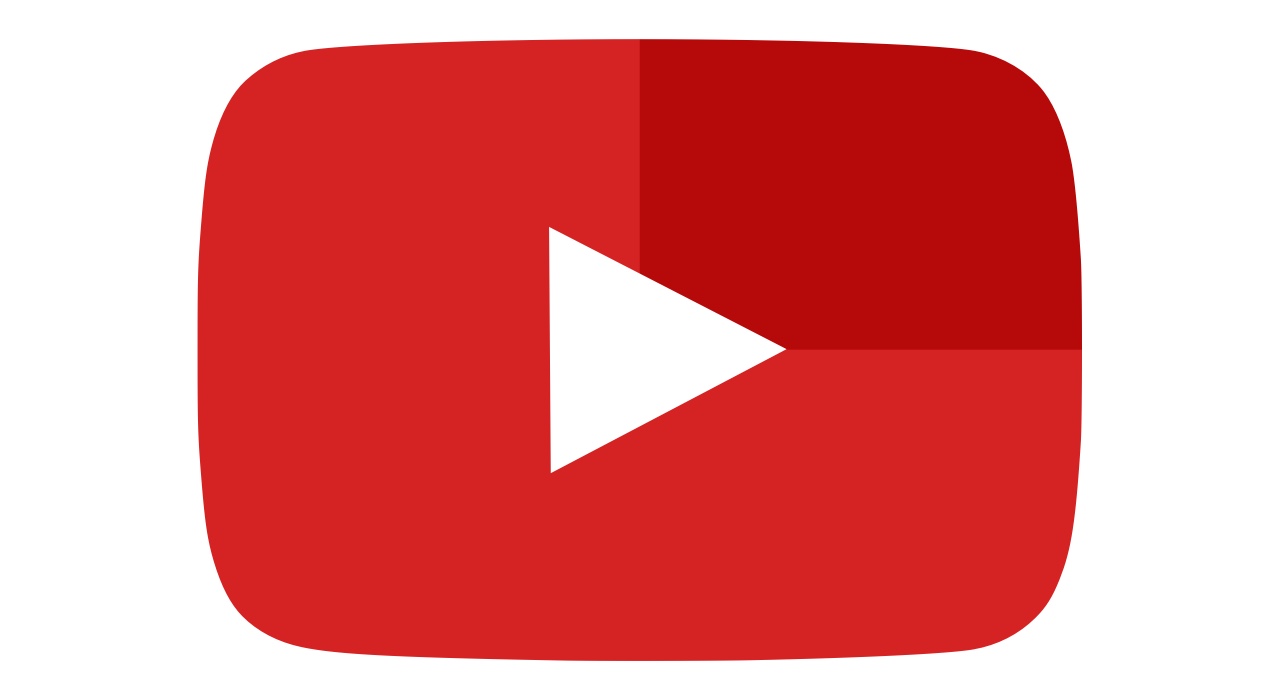Revenue Sharing Platforms

Facebook recently announced that they’d start sharing advertising revenue with video publishers on their platform.
They are by no means the first to do this. Youtube, perhaps most famously, has a similar model. This is what led to the stories of ‘Youtube millionaires’, who managed to rack up enough ad impressions on the service to make serious money.
Outside the world of video, lots of flash game sites share revenue with video game creators - including Newgrounds, Game Jolt, and others.
If a video or game creator hosted their content on their own site, they would have to monetise it by selling ads directly to companies, or running ads from a pre-existing ad network.
Posting your content on another platform, where you don’t have to worry about running your own ads, is a pretty strong incentive for creators. Also, you’ll be tapping into the audience on those platforms.
It’s obviously great for the platform owner too. They’re growing their content base, and hence the overall number of ad impressions. And rather than the old media model where content would be commissioned, in this platform model the best content will rise to top - and of course, the platform will be taking a cut of the revenue.
Platforms with a revenue share model are very powerful. So much so, that it might pose challenges for the ‘open web’, where more and more content congregates on just a few platforms.